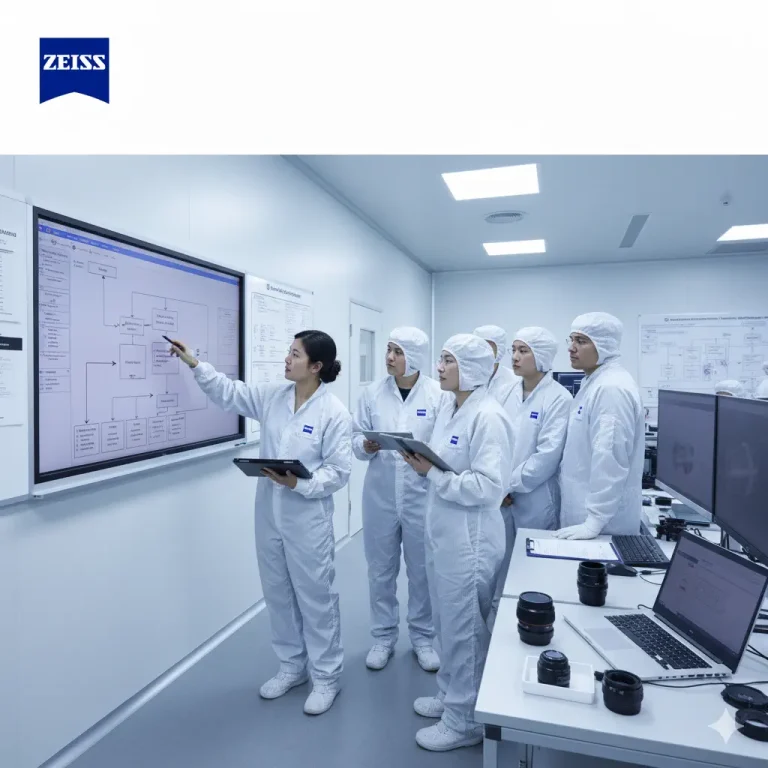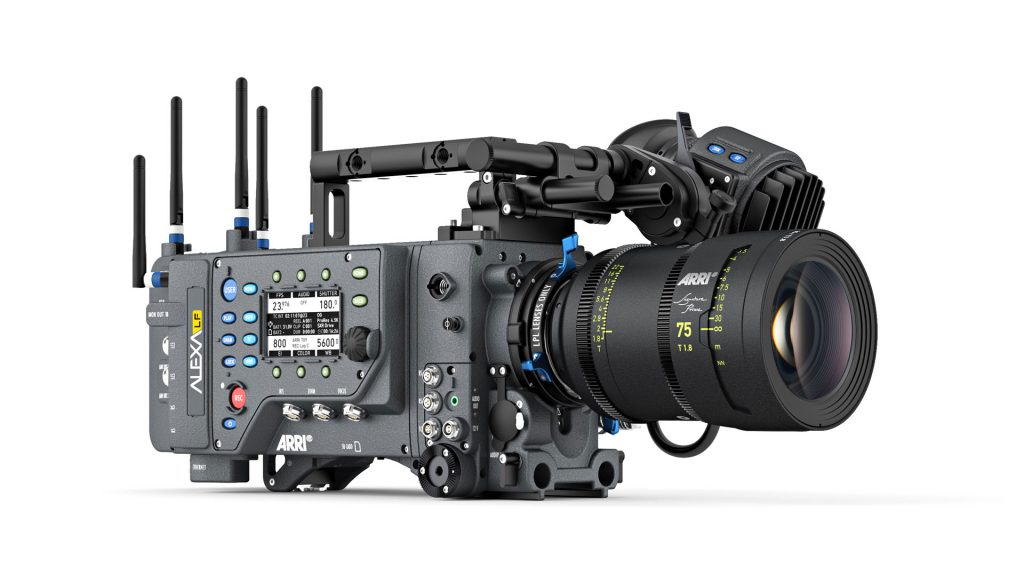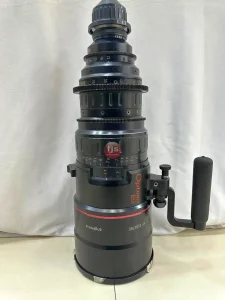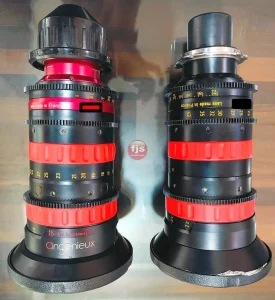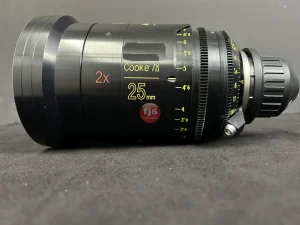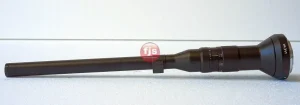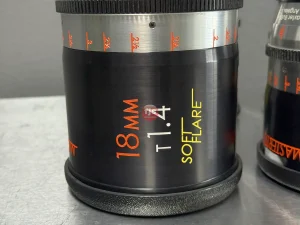
ISO 9001 is a globally recognized standard for quality management systems (QMS). For ZEISS, it’s more than a certification; it’s a foundational framework that underpins their commitment to consistent quality, customer satisfaction, and continuous improvement across all their operations.
Key Features and Benefits of ISO 9001 in the ZEISS Context
- Systematic Approach to Quality Management: ISO 9001 provides a structured, process-oriented approach to managing an organization’s quality. For ZEISS, this translates into defined procedures for every stage of product development, manufacturing, sales, and service. This systematic approach ensures that quality is not left to chance but is an integrated part of daily operations.`
- Customer Focus and Satisfaction: A core principle of ISO 9001 is customer focus. ZEISS leverages this by implementing processes to understand customer requirements, gather feedback, and address concerns effectively. This ensures that their high-precision optical and industrial solutions consistently meet or exceed the expectations of their diverse global clientele, from scientific researchers to cinematographers.
- Process Efficiency and Risk Management: By requiring organizations to document and optimize their processes, ISO 9001 helps ZEISS identify inefficiencies and potential risks. This proactive approach allows for the implementation of corrective and preventive actions, reducing waste, improving operational efficiency, and ensuring robust product performance and reliability.
- Evidence-Based Decision Making: ISO 9001 encourages decisions based on the analysis of data and information. ZEISS, with its advanced metrology and data analytics capabilities, uses this principle to its fullest extent. Performance metrics, customer feedback, audit results, and process data are continuously monitored and analyzed to drive informed improvements across all business units.
- Continuous Improvement (Kaizen Culture): The standard mandates a commitment to continuous improvement. For ZEISS, this aligns perfectly with their heritage of innovation. Regular internal and external audits, management reviews, and performance evaluations ensure that the QMS is not static but continually evolving to enhance product quality, service delivery, and overall organizational effectiveness.
- Global Recognition and Trust: Achieving ISO 9001 certification provides global recognition of ZEISS’s robust quality management system. This instills confidence in customers, partners, and stakeholders worldwide, signifying that ZEISS operates with consistent quality principles regardless of the specific product division or geographical location. It simplifies international trade and collaboration by establishing a common language for quality.`
Conclusion
ISO 9001 is not merely a bureaucratic checkbox for ZEISS; it’s an integral component of their operational philosophy. By adhering to and often surpassing the stringent requirements of this international standard, ZEISS ensures that its pervasive commitment to quality is systematically managed, continuously improved, and globally recognized. This framework empowers ZEISS to consistently deliver high-performance optical and industrial solutions, reinforcing its legacy of precision and reliability.
Questions and Answers
Q1: What does ISO stand for?
A: ISO stands for the International Organization for Standardization, an independent, non-governmental international organization that develops international standards.
Q2: Is ISO 9001 mandatory for all companies?
A: No, ISO 9001 certification is not mandatory. Companies choose to implement and get certified to ISO 9001 to demonstrate their commitment to quality and improve operational efficiency.
Q3: How often is ISO 9001 reviewed or updated?
A: ISO standards are periodically reviewed, typically every five years, to ensure they remain relevant and useful to the market. The most recent major revision was ISO 9001:2015.
Q4: How does ZEISS’s internal quality control relate to ISO 9001?
A: ZEISS’s internal, proprietary quality control protocols often exceed the baseline requirements of ISO 9001. The ISO standard provides the overarching framework for their quality management system, while ZEISS’s specific optical and engineering expertise fills in the technical details.

